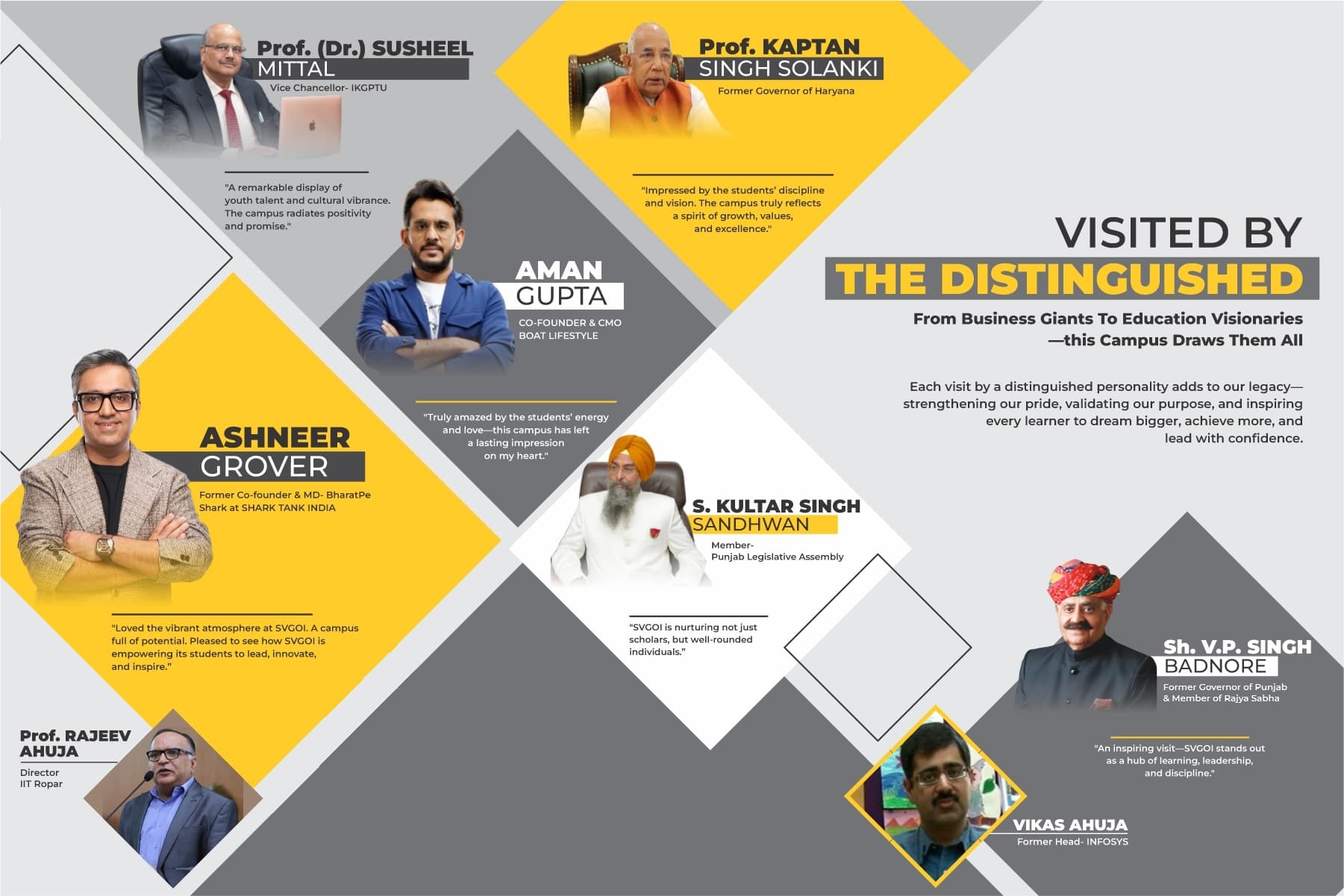Shaping Visionaries Through Education and Innovation Since 2004
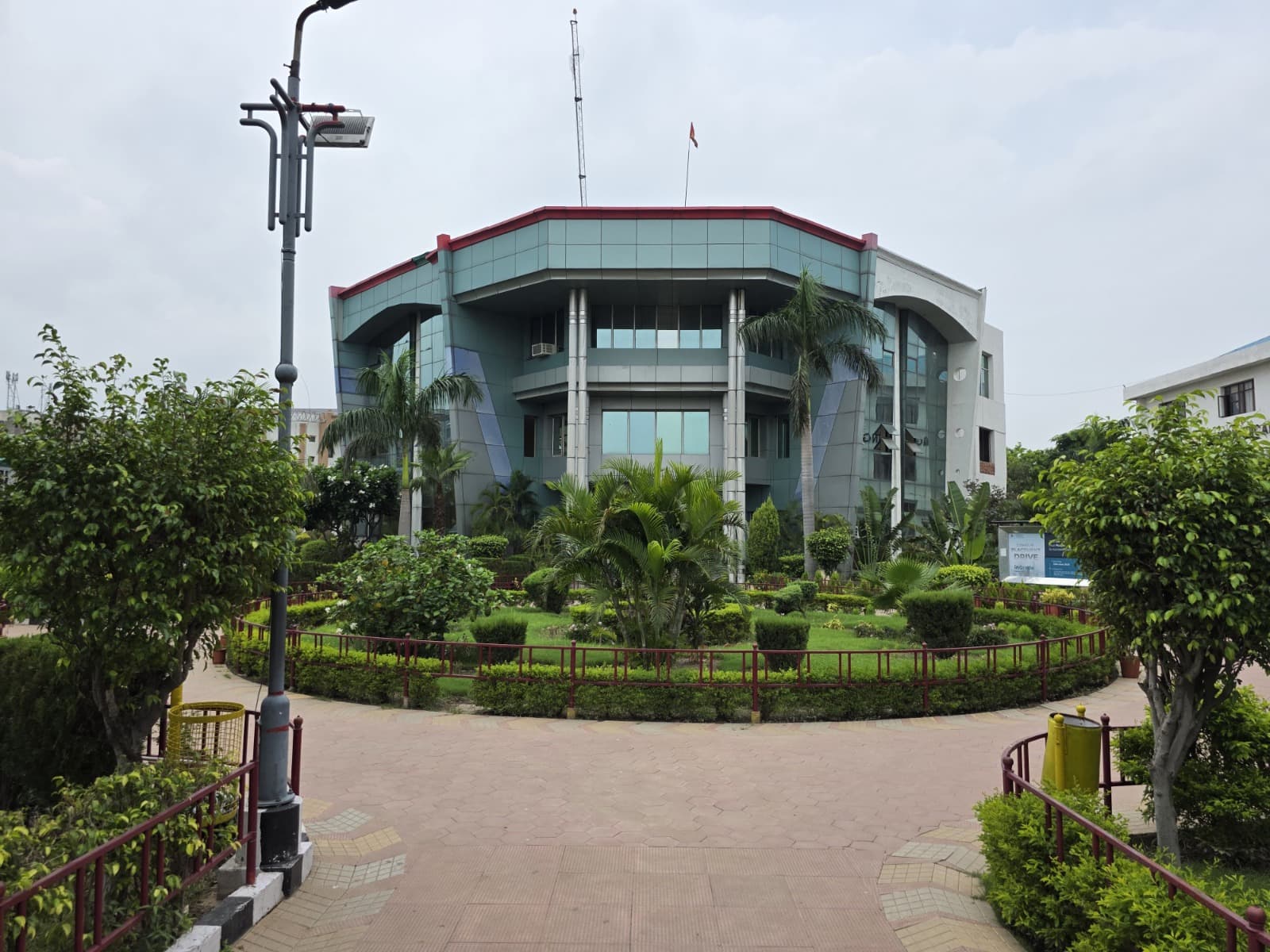












News & Events
Department of Computer Science & Engineering, in collaboration with the Institution's Innovation Council (IIC), is organizing an event on Igniting Innovation: Accelerator and Incubation Pathways for Campus Entrepreneurs.New
read more >IQAC Department Organised Workshop on Virtual labs.New
read more >Podcast Series on Rashtra Pratham and Celebrating Failures.New
read more >NCC department Organised Yoga Day Celebration Program in collaboration with HR and Student Welfare Department under the Ministry of AYUSH, Government of India.New
read more >The Department of Business Administration organized an insightful Industrial Visit to the SEBI Center, Chandigarh, offering students a valuable exposure to financial regulatory practices.New
read more >Department of Electrical Engineering & Electronics and Communication Engineering organised Industrial Visit at Wonder Systems India Private LimitedNew
read more >Department of Applied Science hosted TECHATHOS 3.0New
read more >Department of Computer Appication Organised Guest lecture on "Web Development"New
read more >Department of Civil Engineering organised one day Workshop on "Latest Software in Civil Engineering" New
read more >Department of Computer Science & Engineering organised a session on “Artificial Intelligence”New
read more >Department of Civil Engineering organised an Expert Talk on the “Latest Trends in Civil Engineering”New
read more >Department of Computer Application organised Guest Lecture on "Latest Trends in Artificial Intelligence and Machine Learning”New
read more >Department of Mechanical Engineering organised Industrial Visit at Chawla Cold Storage New
read more >Department of Mechanical Engineering organised Seminar on Supporting Women’s Well-being: Breaking the Silence on Women’s DayNew
read more >Department of Computer Science and Engineering organised a Expert Talk on " Cyber Crime Awarenesss"New
read more >Department of Civil Engineering organised an Industrial Visit at Moti Bricks Klin,Rajgarh,PatialaNew
read more >Department of Business Administration organised One Day Workshop on “Effective Sales and Marketing Strategies for Entrepreneurs/Start-upsNew
read more >Department of Computer Appication Organised "Innovation Showcase: Poster Presentation of Innovations” Inter-Department CompetititonNew
read more >Department of Civil Engineering organised a Seminar on Road & Safety Awareness in collaboration with the National Service Scheme (NSS)New
read more >Department of Civil Engineering hosted an enlightening Entrepreneurship Awareness Program for self-employment opportunities organized by the MSME - Development & Facilitation Office LudhianaNew
read more >NCC Cadets have meeting with authorities regarding NCC activities
All students and staff members are cordially invited to celebrate 79th Independence Day named "Azadi ka Amritkal"
Department of Computer Science & Engineering, in collaboration with Institute's Innovative Council (IIC) organizing an event named igniting Innovation: Accelerator and Incubation Pathways for Campus Entrepreneurs.
Regarding Auditions
Department of Business Administration Under the aegis of IQAC organizing a workshop on advance excel for faculty members.
Workshop is being organized by IIT Delhi Under the aegis of IQAC
Department of Applied Sciences Under the aegis of IQAC organising a motivational lecture as a part of faculty capacity building program.
Department of Computer Science Engineering Under the aegis of IQAC organising an expert talk on "Research Methodology and Publication Ethics".
Department of Business Administration Under the aegis of IQAC organizing two days workshop on advance excel for technical staff.
NCC department in collaboration with Human Resource and Student Welfare Department is organizing a Yoga Session
Participation of short term course (STC)by NITTTR
HR department is organizing a meditation workshop by science of spirituality
Overview
Founded in 2004, "Swami Vivekanand Institute of Engineering & Technology (SVIET)" is a NAAC-accredited institute known for providing quality technical education. It is the premier institute under the Swami Vivekanand Group of Institutes (SVGOI), managed by the Shri Raghu Nath Rai Memorial Educational & Charitable Trust. With modern facilities, experienced teachers, and a career-focused approach, SVIET helps students grow into skilled and responsible professionals.
Discover the Best Engineering Programs at SVIET
SVIET (Swami Vivekanand Institute of Engineering & Technology) offers comprehensive engineering programs designed to provide students with cutting-edge knowledge, practical skills, and industry-relevant experience. Our programs combine theoretical excellence with hands-on learning to create competent engineers.
Special Initiatives
Special batches like TheUniques, SUPER-60 and ALLIED-30 assure 100% placement for students.
Research
Students lead research with state-of-the-art facilities. Over 100 articles published nationally and internationally.
Project Based Learning
Engage in authentic challenges with project-based learning, fostering practical skills.

Sporting Excellence
Excel in sports with over 30 tournament participations annually, fostering passion and skill.
Start-Ups
Incubate innovative entrepreneurship with more than 15 successful startups launched at SVIET.
Global Exposure
Expand horizons with international tie-ups, hosting students from over 10 countries.
Current Initiatives & Achievements
Our ongoing initiatives reflect our commitment to continuous improvement and excellence in all aspects of education and student development.
NAAC Accreditation
SVIET achieved a B++ grade with a score of 2.94 in 2024.
Academic Excellence
Committed to providing top-quality education across all disciplines.
Cultural Vibrancy
Fostering a diverse and inclusive campus environment.
Student Development
Modern facilities including research centers, labs, library, and playgrounds.
Why Choose Us?
Diverse Academic Portfolio
We offer AICTE, PCI, and NCTE-approved programs across engineering, pharmacy, education, business, and management—catering to the varied aspirations of students.
A Trusted Name Since 2004
SVIET is equipped with cutting-edge laboratories, digital classrooms, well-stocked libraries, innovation hubs, and research centers that foster creativity and hands-on learning.

World-Class Infrastructure
With two decades of educational excellence, SVIET has built a legacy of trust, quality, and student success across technical and professional domains.
Expert Faculty & Mentorship
Our highly qualified faculty blend academic knowledge with real-world experience to mentor students and guide them towards innovation, research, and entrepreneurship.
Industry-Aligned Curriculum
Courses are designed with active input from industry leaders to meet current market needs. We emphasize internships, live projects, and technical training to ensure employability.
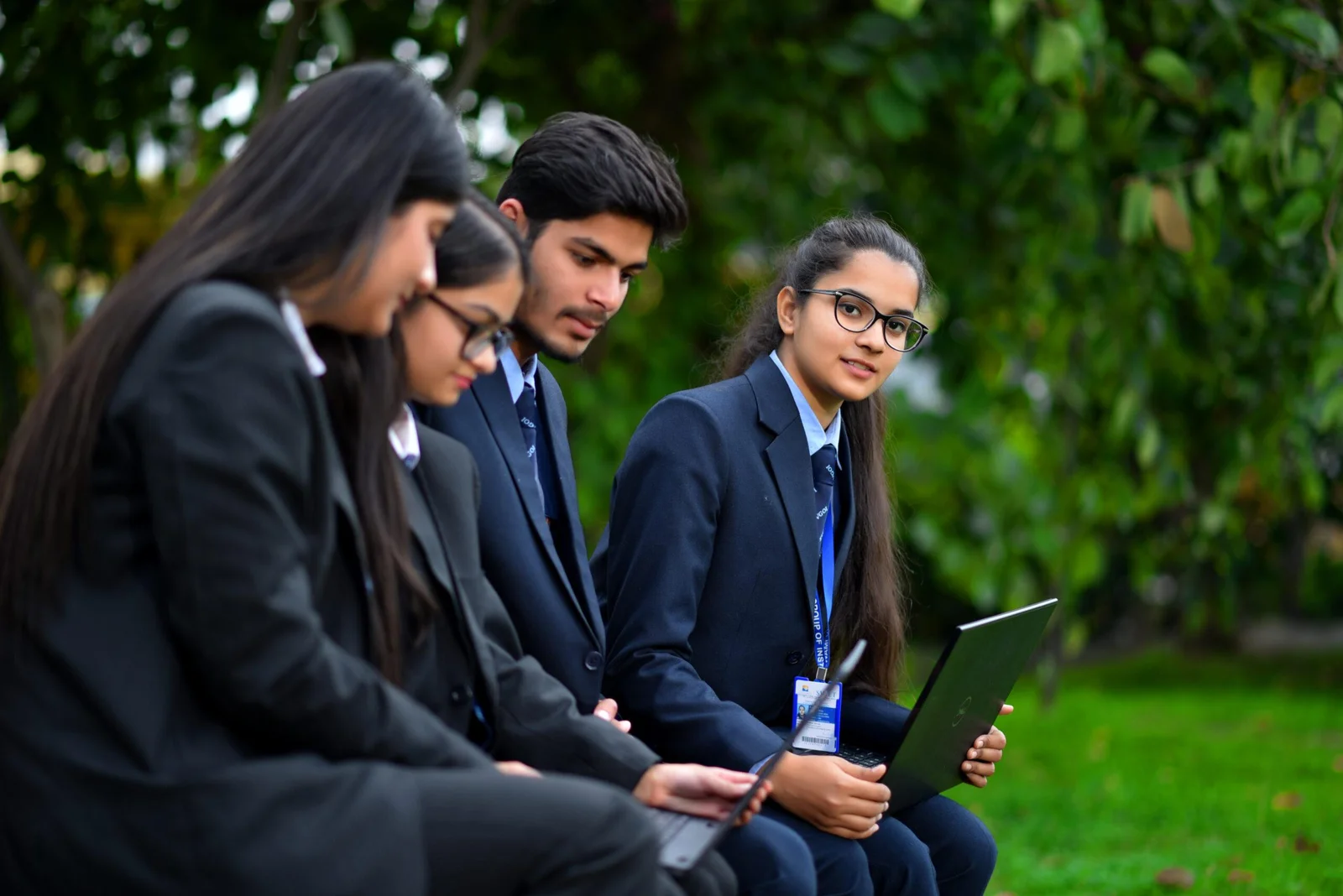
Strong Placement Ecosystem
With dedicated placement support, resume-building workshops, mock interviews, and corporate tie-ups, we ensure our students secure positions in top national and international companies.

Sports Facilities
Unleash your potential and stay fit at our world-class sports facilities, promoting holistic development and a healthy lifestyle for all students.
Our Visionaries
Mr. Ashwani Garg
"I welcome every aspiring achiever to the Swami Vivekanand Institute of Engineering & Technology. Today SVIET has become a dream place to provide valuable educational experience to students, from different cultures and backgrounds. I am delighted to see the contributions, the students, faculty, and management of SVIET have been making towards the overall success of students across the world. We have an interactivecurriculum made to provide definite learning solutions in the field of Scientific studies, Business & Engineering. In this world known as a global village, all boundaries and the national borders are gradually becoming more transparent. Our international collaborations have helped students to form unlimited opportunities of global exposure for our students, to excel in their careers. So join your hands with SVIET and be future-ready."

Mr. Ashwani Garg
Chairman
Mr. Ashok Garg
"SVIET has experienced remarkable growth in recent years, earning widespread acclaim for its rapid advancement. Our journey from inception to our current standing is a testament to our unwavering dedication, exceptional faculty, and enriching learning environment. With a focus on quality education, we offer diverse programs affiliated with both national and international universities. We celebrate the achievements of our faculty, staff, and partners, employing modern teaching methods that empower students to realize their full potential. Emphasizing hands-on experience over mere theoretical knowledge, SVIET is dedicated to providing practical solutions and fostering intellectual brilliance through research and development. Let's collaborate in building a skilled society together. "

Mr. Ashok Garg
President
Our Leading Recruiters
Top companies trust our graduates and regularly recruit from our campus, recognizing the quality of education and skills our students possess.


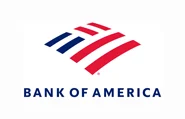
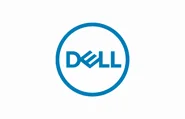
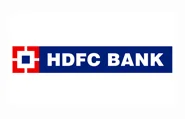
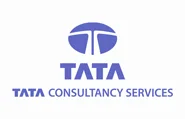
Join the ranks of successful professionals working at these prestigious organizations
Our Students Speak
Our Reviews Speak for Us
"Great learning experience and the college provided me with the opportunities needed. Truly outstanding! and really really thankful for the support"

Gaurav Sharma
SDE
"It have broadened my horizons and helped me advance my career. The college and management is incredibly supportive towards their students and also providing great learning experience for all"

Yash Khandelwal
System Engineer
"The program provided me with the skills and knowledge needed to excel in the field of software development. Highly recommended!"

Adaeze Chukwu
Software Engineer
"The instructors are top-notch and the curriculum is well-structured. I feel well-prepared for my career in data science."
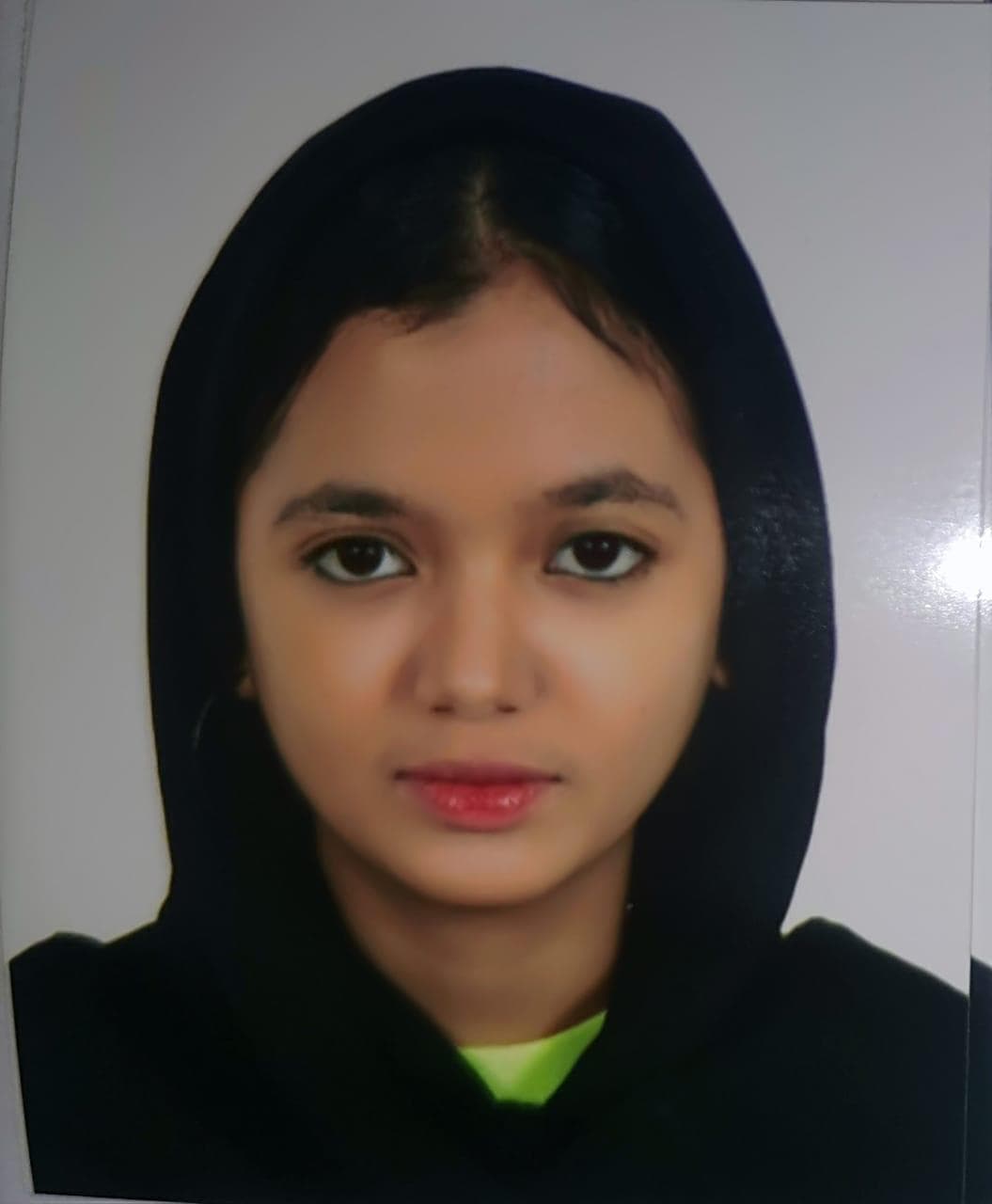
Darnell Johnson
Software Developer
"Studying at SVIET has been an enriching experience. The professors are knowledgeable and approachable, and the practical learning approach helped me gain valuable skills. The campus life is engaging with numerous clubs and activities that cater to various interests."

Omolara Adebayo
Software Engineer
"SVIET offers a perfect blend of academic excellence and cultural diversity. The infrastructure is impressive, and the hands-on learning opportunities have prepared me well for my career. I appreciated the efforts of the international office in making my transition smooth."

Kareem Thompson
Software Developer
The Distinguished Leaders, Visionaries and Changemakers
From business giants to education pioneers, our campus draws the best. Each visit strengthens our legacy—fueling dreams, inspiring excellence, and empowering every learner to lead with confidence.
